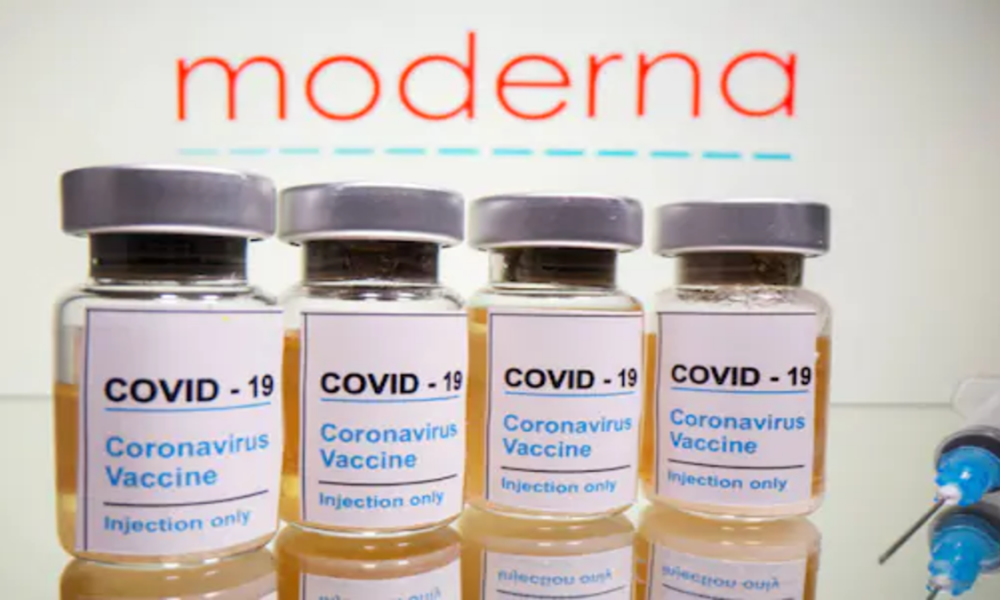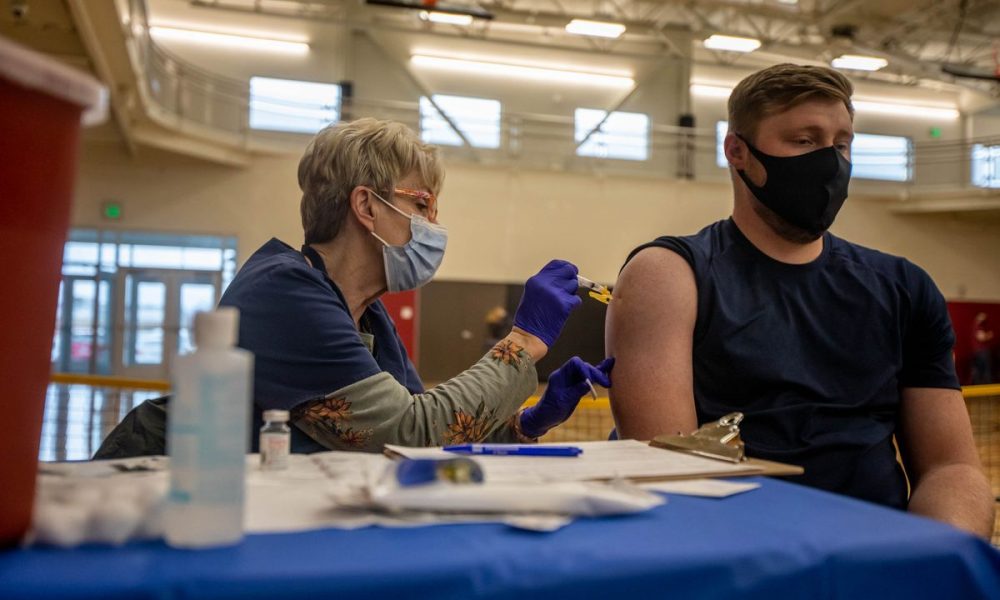Preliminary findings revealed that the Moderna COVID-19 vaccine provides the same immune protection in kids as young as 12 as it does to adults; it also produces the same side effects.
What We Know:
- To study its effectiveness, the company conducted a Phase 2/3 clinical trial of 3,700 12-to-17-year-old participants. In the study, half of the partakers received the vaccine while the other half took a placebo. Two weeks after administering the second dosage, four people in the placebo group became sick with COVID-19. However, no one from the vaccinated group obtained the virus, proving the vaccine was 100 percent effective.
- When Moderna searched for milder COVID-19 diagnoses after the first dose, it found that the vaccine possessed a 93% effectiveness rate “against any infection, not just symptomatic illness.” In addition, patients showed generally mild or moderate symptoms like arm pain from the first shot and headaches, fatigue, muscle aches, and chills after the second one.
- Although COVID-19 occurs less in children than adults, they represent 14 percent of the nation’s cases. According to a tally by the American Academy of Pediatrics (AAP), approximately 316 youths have succumbed to the disease.
- Both Moderna and Pfizer commenced studying their vaccine’s effectiveness in children ages 6 months to 11 years old. This testing will be more complex because now scientists must test smaller doses in children. Experts plan to have results as soon as the fall.
Moderna intends on submitting its findings to the Food and Drug Administration (FDA) in early June. If the FDA approves the use of the Moderna vaccine in the age group of 12-17, it will become the second medication available to them. This month, the FDA permitted teens to obtain immunization; since then, more than 600,000 12 to 15-year-olds already got their first dosage.



